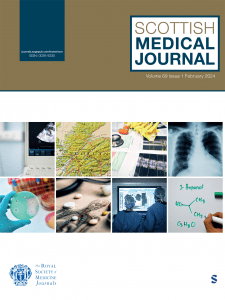
Would you consider a donation to support Weekend Reads, and our daily work?
The week at Retraction Watch featured:
- Give or take a year or two: Case reveals publishers’ vastly different retraction times
- Concussion researcher McCrory up to 17 retractions
- Journal pulls paper by economist who failed to disclose data tinkering
Our list of retracted or withdrawn COVID-19 papers is up past 400. There are more than 48,000 retractions in The Retraction Watch Database — which is now part of Crossref. The Retraction Watch Hijacked Journal Checker now contains more than 250 titles. And have you seen our leaderboard of authors with the most retractions lately — or our list of top 10 most highly cited retracted papers? What about The Retraction Watch Mass Resignations List — or our list of nearly 100 papers with evidence they were written by ChatGPT?
Here’s what was happening elsewhere (some of these items may be paywalled, metered access, or require free registration to read):
Continue reading Weekend reads: Editor under scrutiny resigns; bullshitting scientists; questionable practices in expanding disciplines





